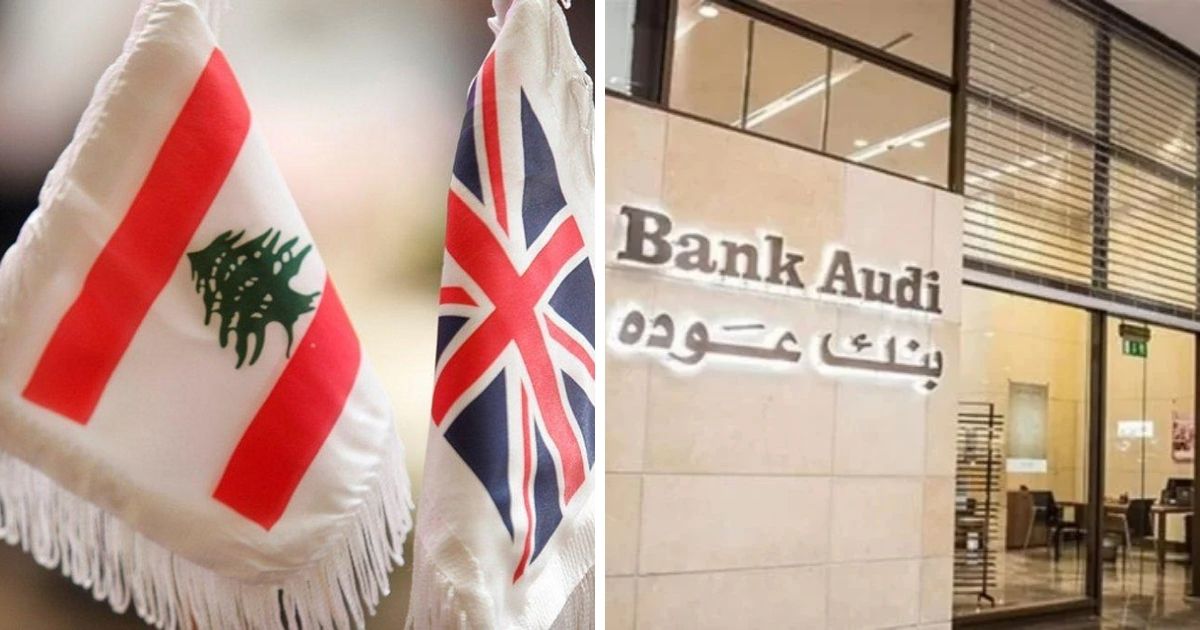The British Embassy in Beirut issued a statement expressing “deep concerns” over the closure of accounts belonging to U.K. nationals by Lebanese banks.
“This unilateral action by the banks has singled out account holders on the basis of their British residency or nationality, in what appears to be a targeted and discriminatory manner,” the statement charged.
Adding that the British Embassy in Lebanon is continuing to raise its concerns with the Lebanese authorities, Lebanese banking institutions, as well as the Depositors Union.
The British Ambassador Ian Collardmentioned concerns about the treatment of British national and British resident depositors in Lebanon and “the legitimate perception of discriminatory action against them.”
He urged the Lebanese authorities to “ensure that all depositors are properly and fairly treated.”
“In light of the banks’ actions, the British Embassy recommends that any British national who has been impacted by the banks’ decisions seeks qualified legal advice in Lebanon,” added the statement.
As per the statement, the banking situation in Lebanon is due to the country’s failing economy, adding that since the beginning of the economic crisis, the UK joined the international community to demand that Lebanon adopts economic reforms.
“Without such reforms, Lebanon’s economy continues its free fall, with serious impacts on all banking depositors in Lebanon, as well as Lebanese citizens more generally and others residing in Lebanon.”
The statement concluded that reforms are the only path to rebuilding the economy in Lebanon, adding that the British Embassy will continue to voice the unfair treatment in the banking sector against British nationals, and called for “a rapid resolution to this matter”.
Previously, news emerged that Bank Audi has closed more than 30 accounts belonging to British citizens after a London court ordered Bank Audi and SGBL Bank to pay back the full deposits of a British businessman, amounting to $4 million.
As reported by lawyer Dina Abou Zour, a member of the Depositors Union in Lebanon, Bank Audi told their UK clients that their accounts had been closed and a Money Order cheque of their deposits was issued at a public notary.
The clients were also told that their accounts could be reopened if they signed a waiver of the right to make transfers or the right to withdraw dollars in Lebanon.
















